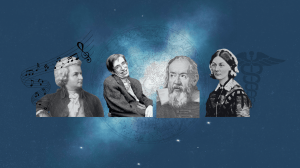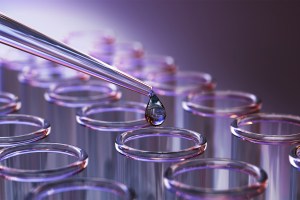Science & Tech
-
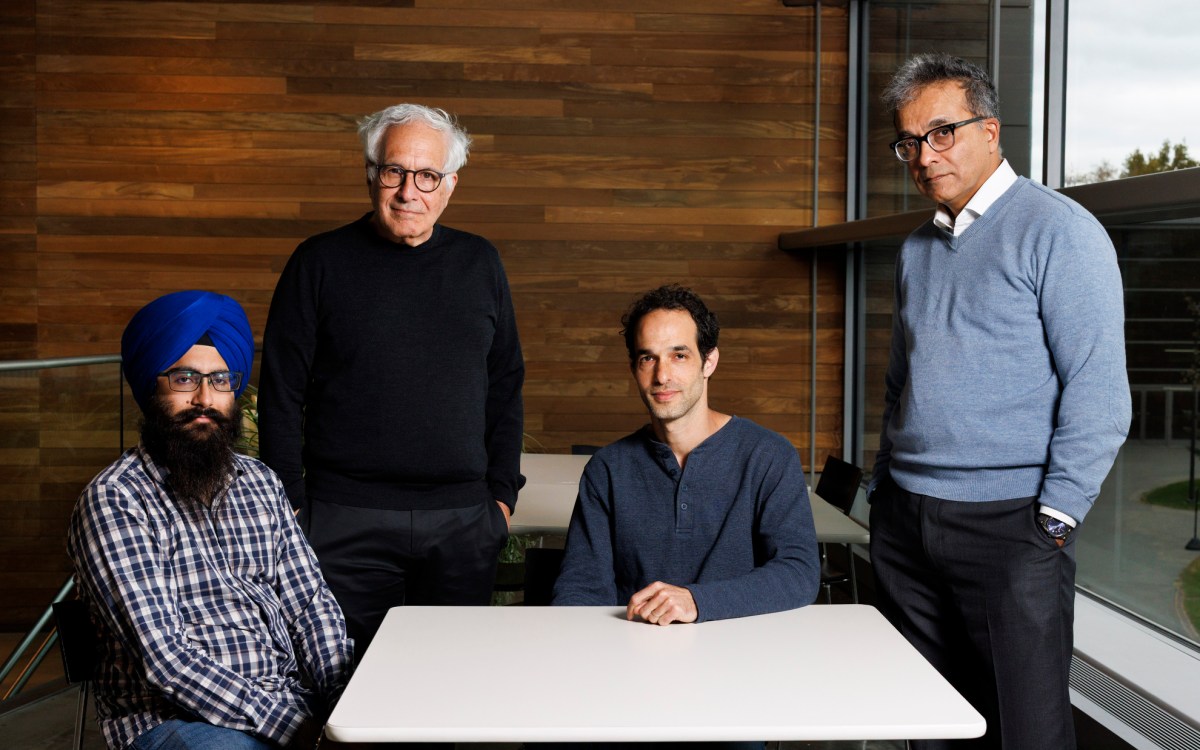
Want to speed brain research? It’s all in how you look at it.
New AI-enhanced scanning method promises to boost quest for high-resolution mapping
-
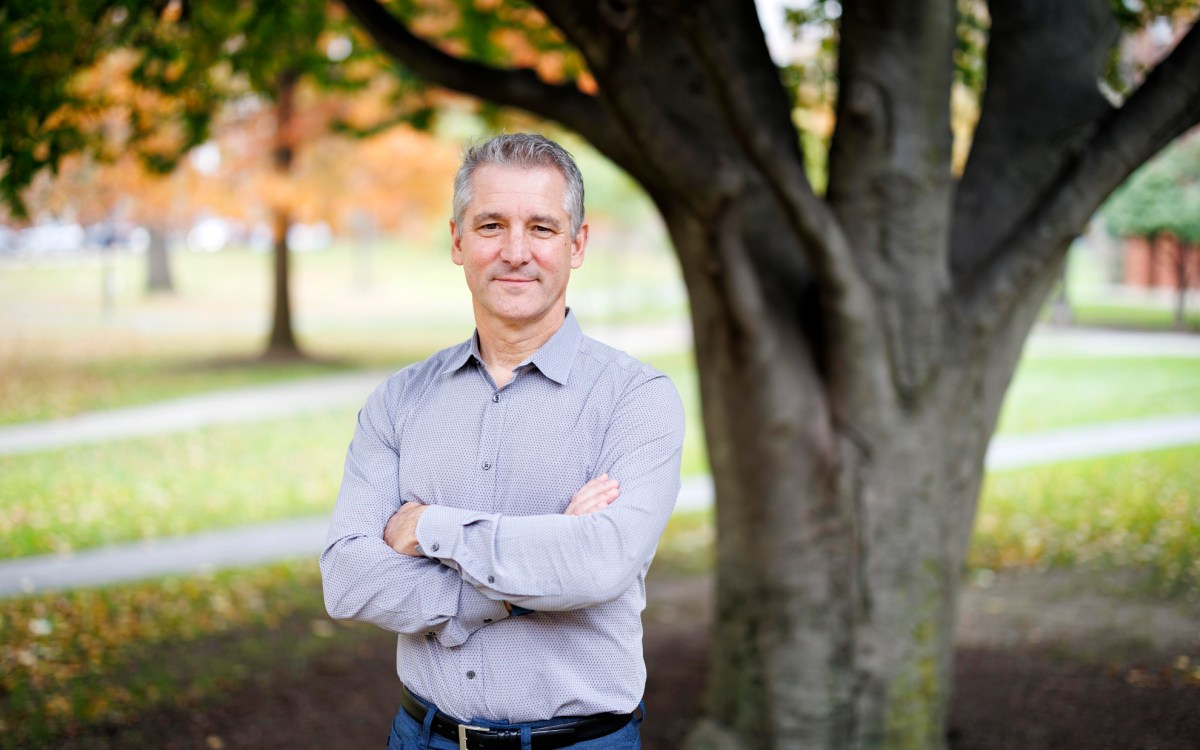
-
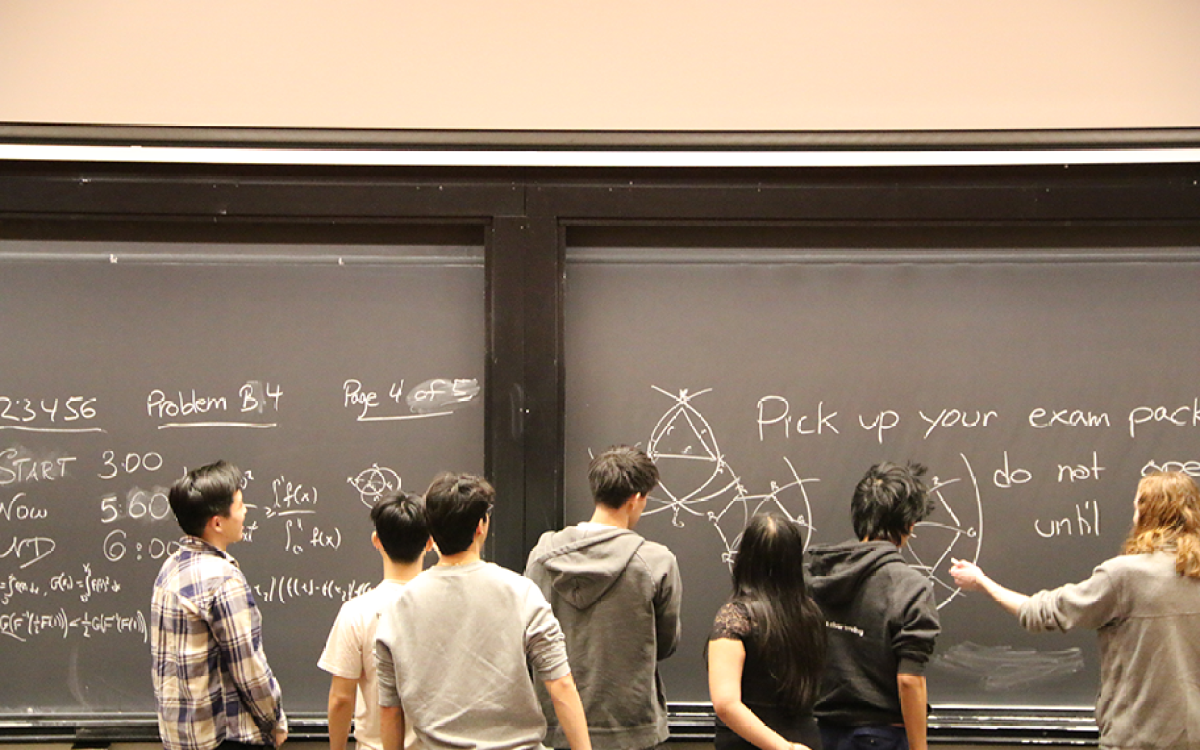
‘It just feels good when you solve the hard problems’
Why do students volunteer to take this notoriously difficult math exam? For the fun of it.
-
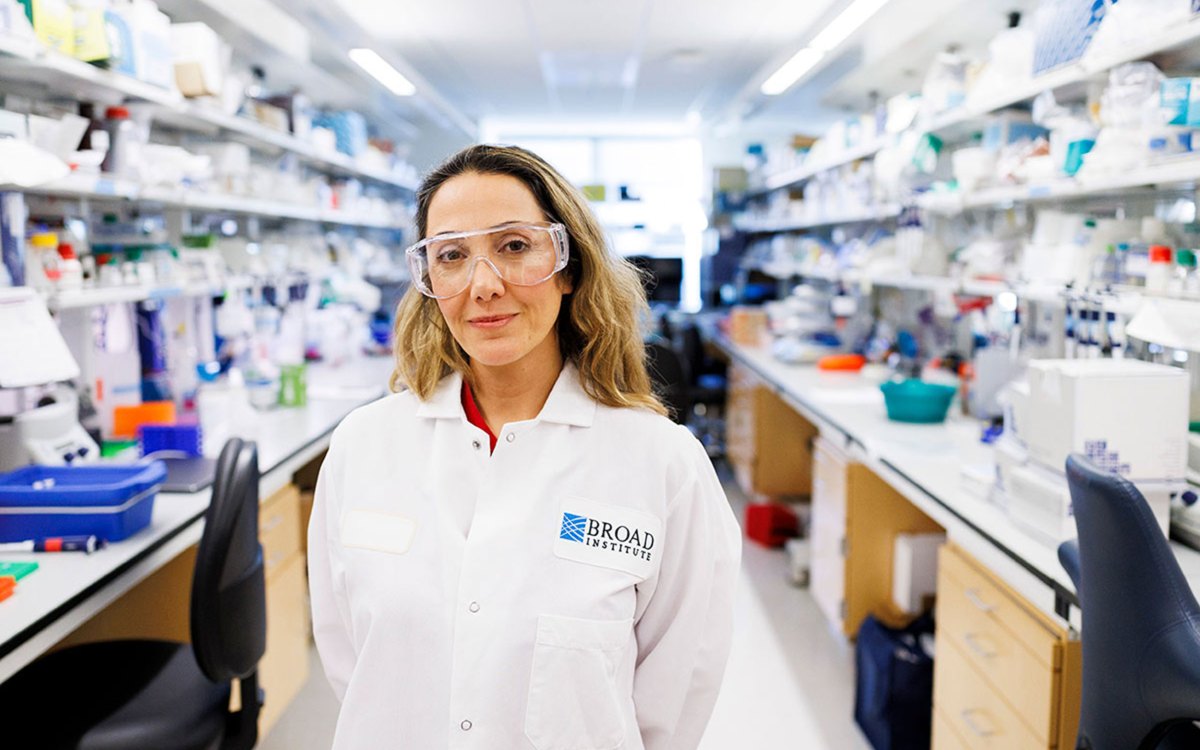
Stopping the next pandemic
Disease surveillance network faced ‘existential cliff’ despite proven success. Then came the $100 million.
-

Rethinking — and reframing — superintelligence
Microsoft researcher says separating AI from people makes systems dangerous and unproductive
-
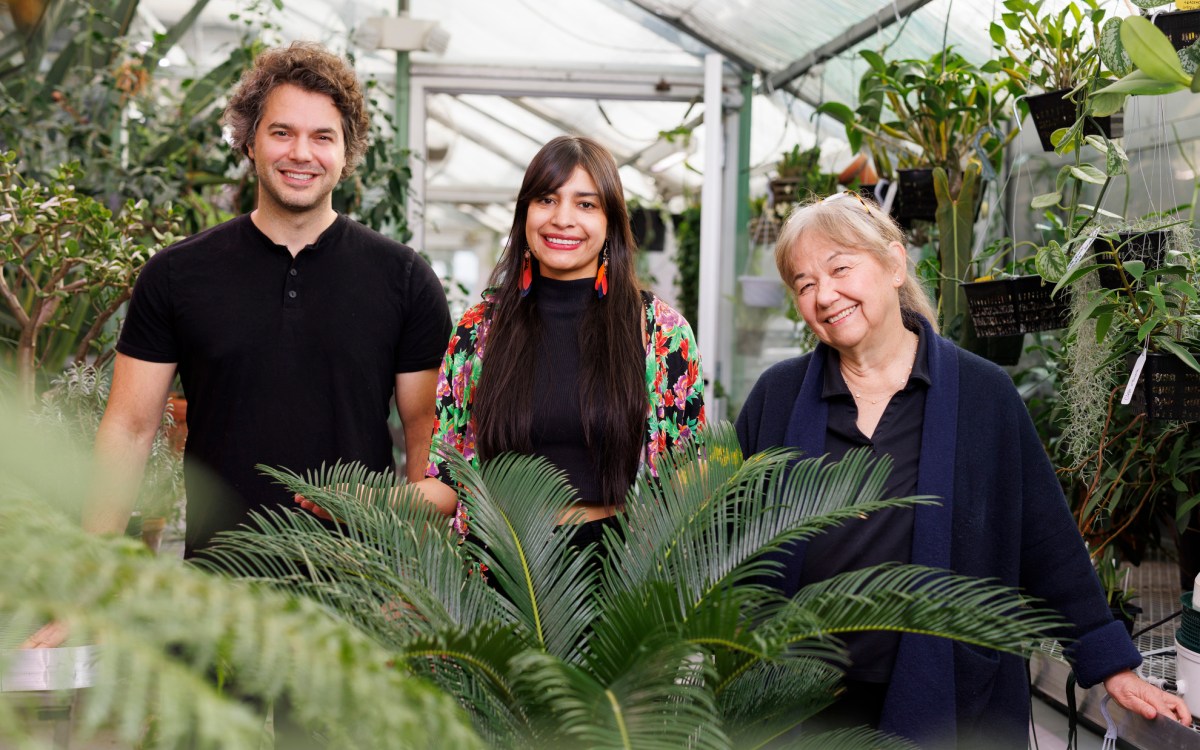
First, male gets heated up, then female, and then, you know
Study shows infrared radiation from plants serves as invitation to pollinating insects
-
When flames attack
Harvard researchers were able to predict when test flames in the lab were likely to switch from slow- to fast-moving fires, which could open the way to making similar predictions for forest fires.

-
Seeking public openness
Four teams that took part in a hackathon at the MIT Media Lab last weekend will go on to present their practical solutions for reducing institutional corruption to a conference at Harvard Law School in May.
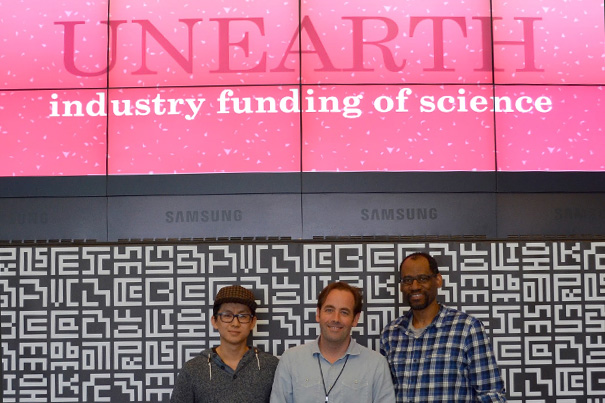
-
Science in the mix(er)
“Science and Cooking” was the topic of a HarvardX lecture offered at the new Harvard Ed Portal in Allston.
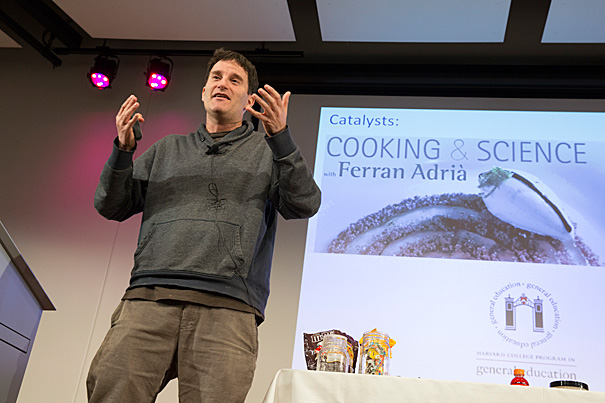
-
A quantum leap for women
Step by step, a growing Harvard women’s student group is helping to change the male-dominated culture of computer science by creating fresh realities.

-
Where science meets creationism
Professor David Montgomery’s most recent book explores an unexpected crossroads: the intersection of geology and the Bible.
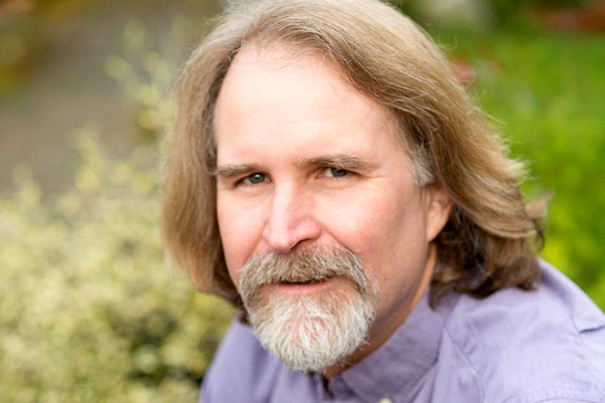
-
Understanding common knowledge
A new study examines how different kinds of shared beliefs can affect how people cooperate, and how people use common knowledge, a type of shared understanding, to coordinate their actions.
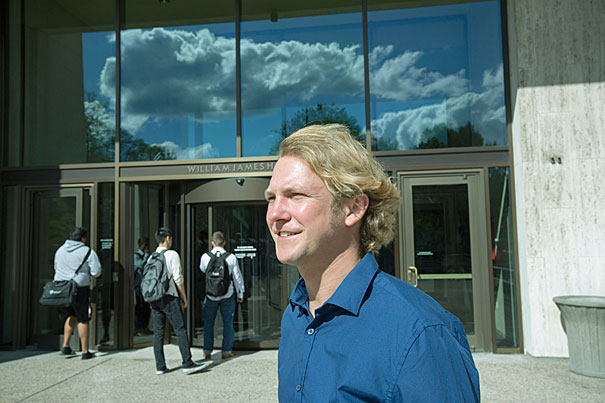
-
Keys to a split-second slime attack
Researchers from the Harvard School of Engineering and Applied Sciences and from universities in Chile, Costa Rica, and Brazil have been studying the secret power of the velvet worm.
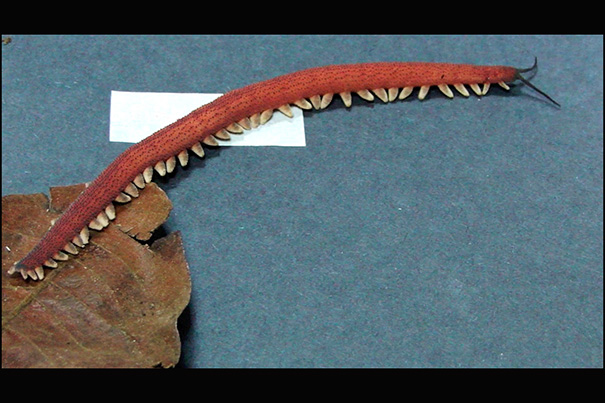
-
Colleges have ‘special’ role in fighting climate change
Harvard President Drew Faust tells an audience at Tsinghua University in Beijing that universities have a unique and critical role to play in combatting climate change.
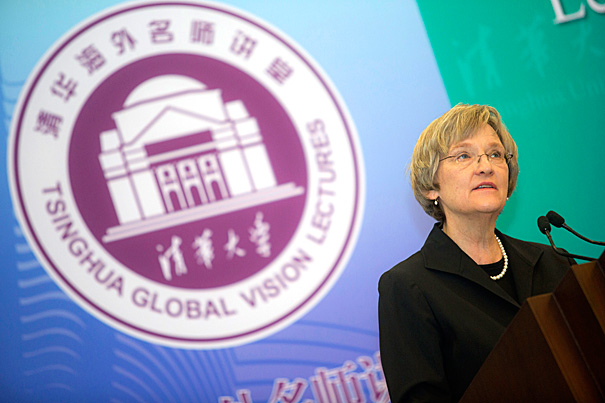
-
Greener delivery?
The Gazette asked Henry Lee, an authority on electric cars and the Jassim M. Jaidah Family Director of the Environment and Natural Resources Program at the Belfer Center, about the opportunity for the Postal Service to improve its environmental footprint — and perhaps spark broader automotive changes — through a more fuel-efficient replacement for the current model, which gets roughly 9 miles per gallon.

-
Sculptor finds physics a welcoming space
Sculptor Kim Bernard, known for her spinning, swaying, bouncing, moving creations, is artist-in-residence in the Physics Department.
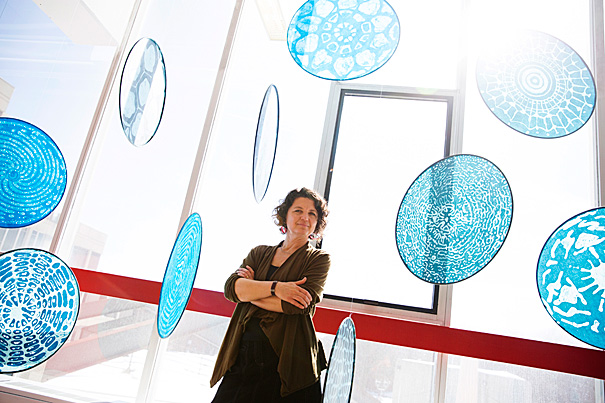
-
Staying power for shale gas
The shale gas boom, which has transformed domestic and global energy markets, is still in its infancy, according to the chair of Harvard’s Department of Earth and Planetary Sciences.
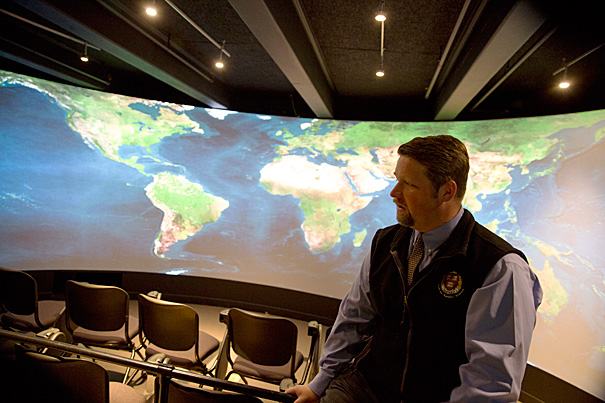
-
Focus on food
Twenty-two faculty members presented seven-minute lightning lectures on research and realities involving food.
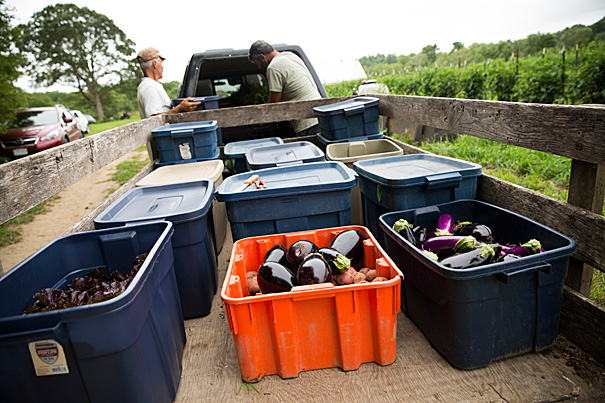
-
Stages of design
Three exhibits at the Harvard Graduate School of Design’s Gund Hall represent different facets of how design learning gets done.
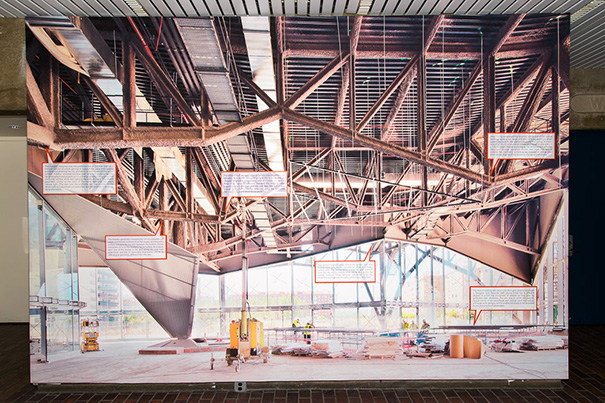
-
Climate engineering: In from the cold
Harvard Professor David Keith says that two new reports by the National Academy of Sciences are likely to boost a deeper look at possible geoengineering options for climate engineering.
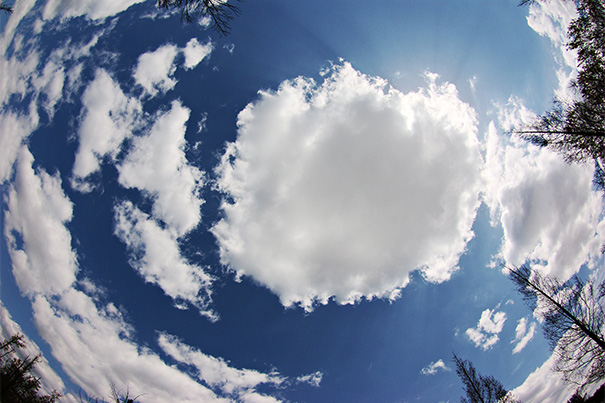
-
Playing the ‘envelope game’
Harvard researchers have developed a first-of-its-kind model, dubbed the “envelope game,” that can help researchers to understand not only why humans evolved to be cooperative but why people evolved to cooperate in a principled way.
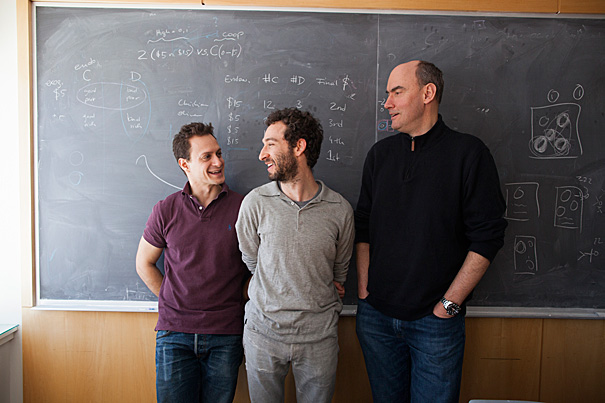
-
Mysterious link between galaxy and black hole
A new study of football-shaped collections of stars called elliptical galaxies provides insights into the connection between a galaxy and its black hole. This new research was designed to address a controversy in the field.
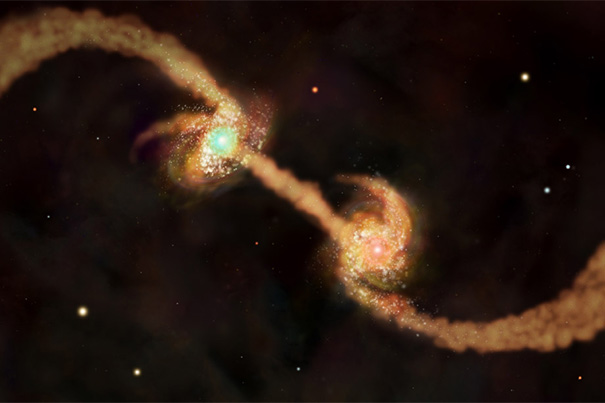
-
Less corporate, more mindful
Harvard Law School grad and former Pixar CFO Lawrence Levy was on campus to talk about leaving corporate life to promote the benefits of meditation with his nonprofit Juniper Foundation.
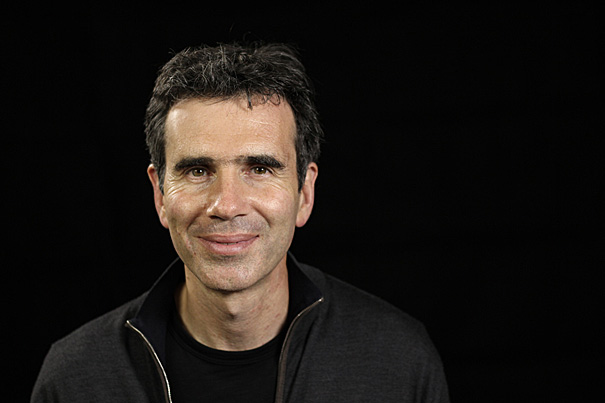
-
Discovering ‘star nurseries’
In a quest to find mismatched star pairs known as extreme mass-ratio binaries, Harvard astronomers have discovered a new class of binary stars, in which one star is fully formed while the other is still in its infancy. The discovery of these stellar twins could provide invaluable insight into the formation and evolution of massive stars, close binaries, and star nurseries.
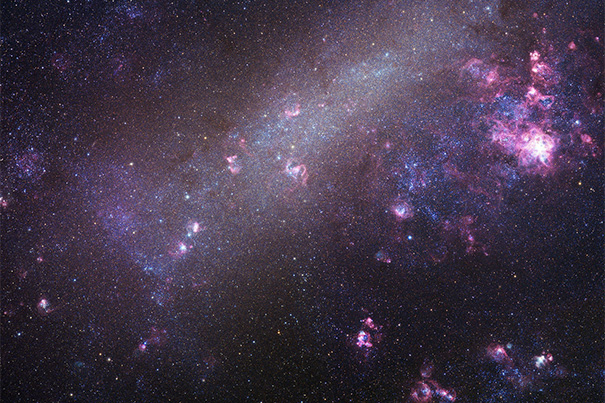
-
An exchange in ideas and culture
Harvard and Brazilian students spent 10 days visiting sustainability-related sites around São Paulo as part of a field course sponsored by Harvard’s School of Engineering and Applied Sciences, the David Rockefeller Center for Latin American Studies, and the University of São Paulo.
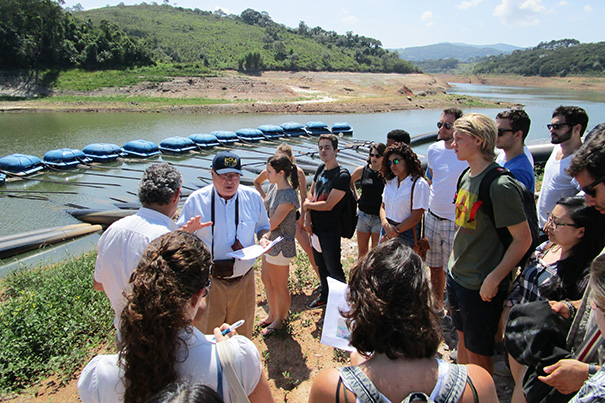
-
Support for seven from president’s climate fund
Seven research projects aimed at confronting the challenge of climate change using the levers of law, policy, and economics, as well as public health and science, have been awarded grants in the inaugural year of President Drew Faust’s Climate Change Solutions Fund.
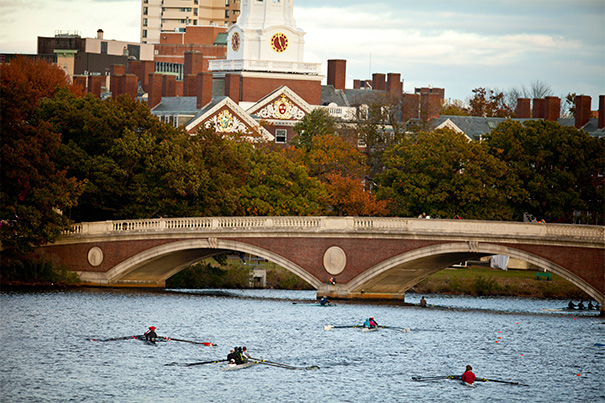
-
Taking to the woods
For a handful of Harvard undergraduate and graduate students, the January semester break included a rare treat — a visit to the Harvard Forest in Petersham, Mass.
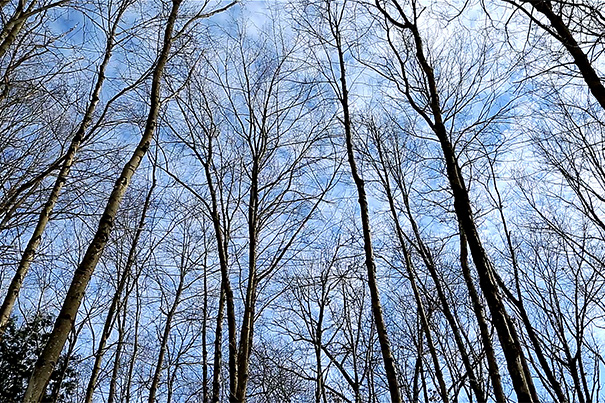
-
A trap for greenhouse gas
A team of researchers has developed a novel class of materials that enable a safer, cheaper, and more energy-efficient process for removing greenhouse gas from power-plant emissions.
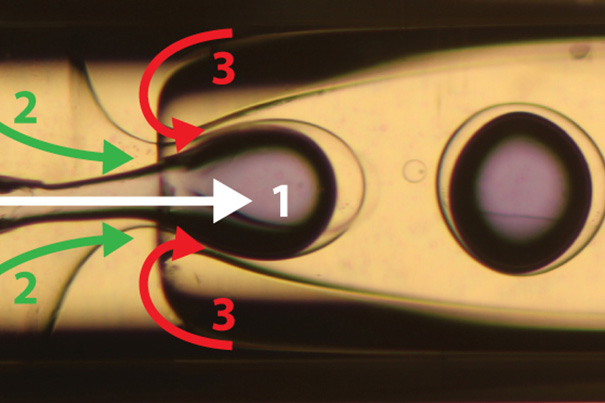
-
Charged air
For doctoral student Sarah Rugheimer, the study of atmosphere holds deep promise in the search for extrasolar life.
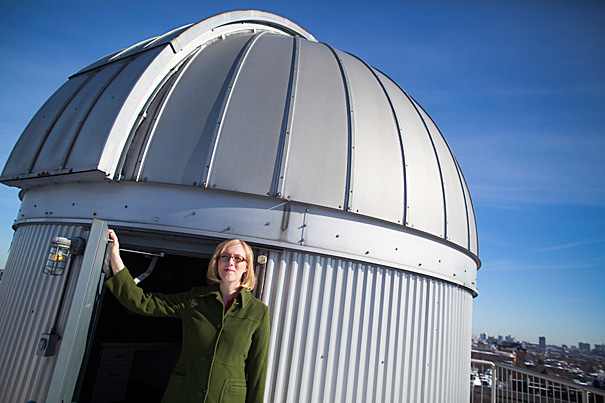
-
A lefty’s lament
A southpaw science writer comes to terms with research on handedness by the Kennedy School’s Joshua Goodman.
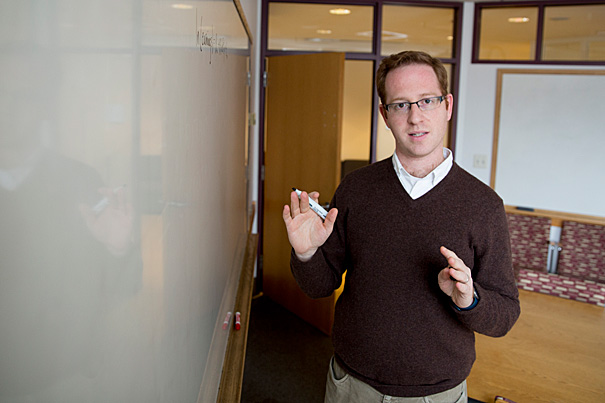
-
Boston’s leaky pipes add to greenhouse-gas buildup
A Harvard-led study reveals that an aging natural-gas distribution system short-changes Boston-area customers and contributes to greenhouse-gas buildup. Depending on the season, natural gas leaking from the local distribution system accounts for 60 percent to 100 percent of the region’s emissions of methane.

-
One size won’t fit all
The Global Network of Internet and Society Research Centers and the Berkman Center for Internet & Society at Harvard University have released a report on “multistakeholder governance groups” to better inform the discussion over Internet governance models and mechanisms.

-
Sea level correction
A new study shows that sea levels have increased over the last two decades at a greater rate than previously understood.
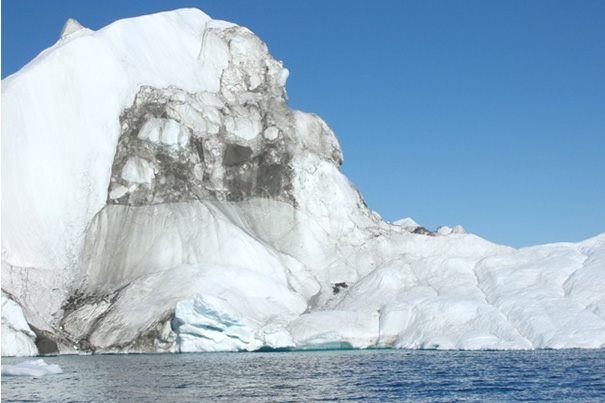
-
Crafting ultrathin color coatings
In Harvard’s high-tech cleanroom, applied physicists produce vivid optical effects — on paper.
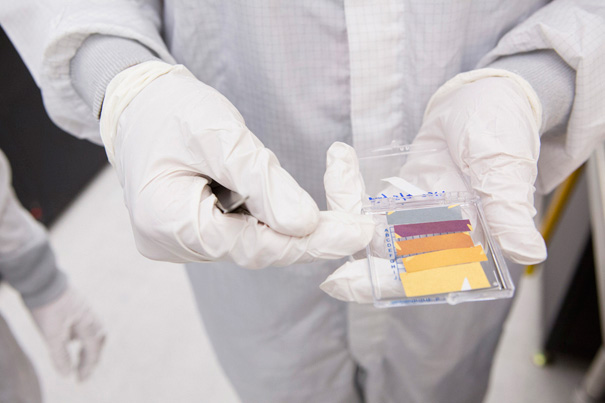
-
Eight new planets found in Goldilocks Zone
Astronomers announced Tuesday that they have found eight new planets in the Goldilocks Zone of their stars, orbiting at a distance where liquid water can exist on the planet’s surface. The discoveries double the number of small planets believed to be in the habitable zone of their parent stars.
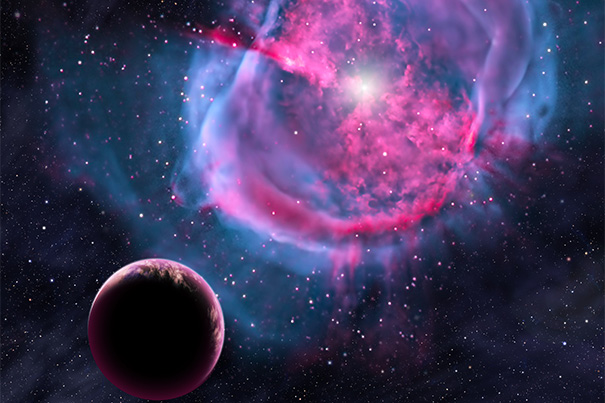
-
Stars’ age: A well-kept secret
Harvard researchers have found that stars slow down as they age, and their ages are well-kept secrets. But astronomers are taking advantage of the first fact to tackle the second and tease out stellar ages.


